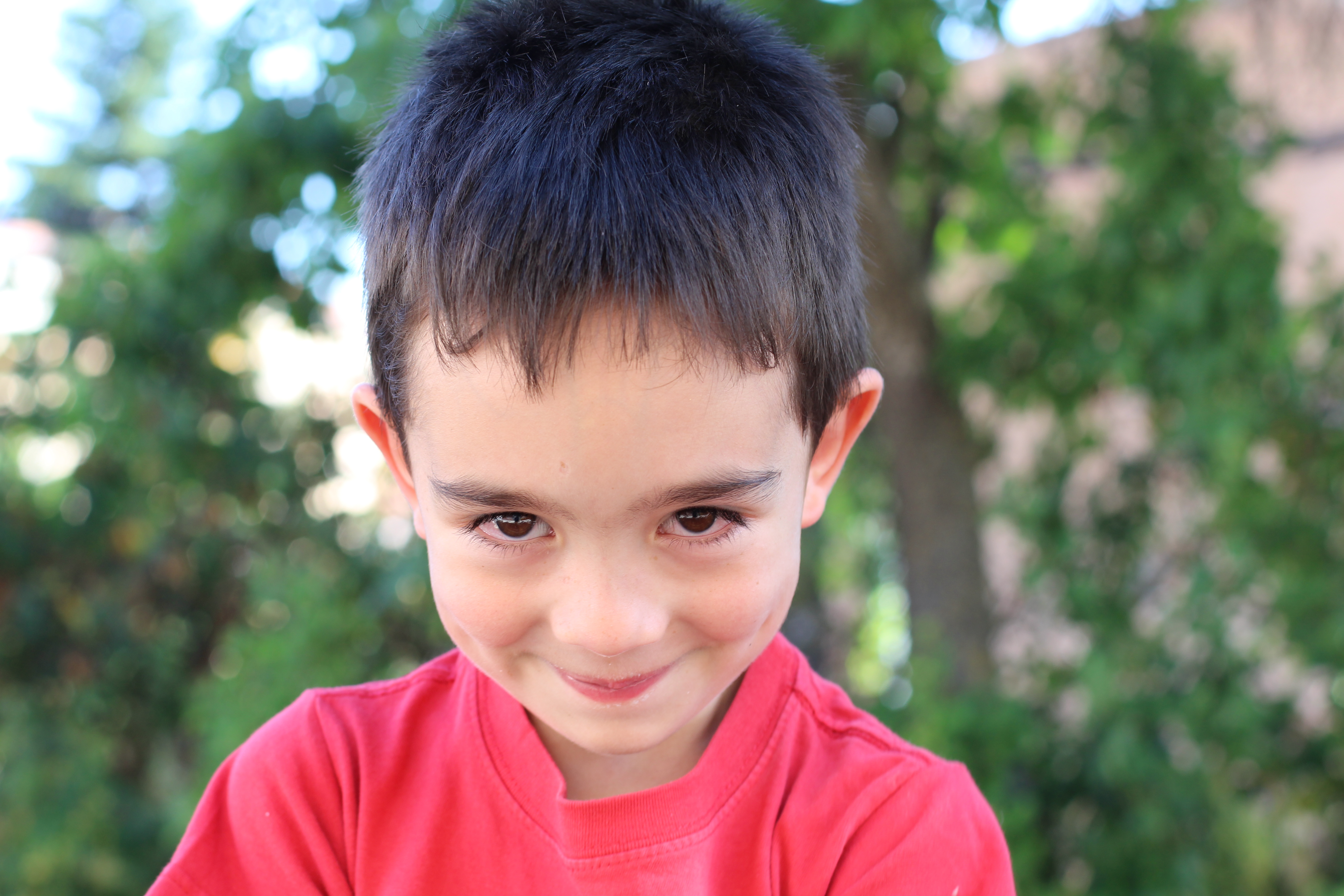
06 Oct Your ADHD Child: Tips to Help Your Child Thrive and Behave Better
Help! My child is impulsive, argumentative, and not listening to me!
Many parents feel frustrated and exhausted at the end of each day as they try to manage their child’s behavior and cope with the challenges associated with ADHD.  Parents often struggle to implement effective strategies to manage the impulsivity, emotional outbursts, and misbehavior. Not to worry!
Parents often struggle to implement effective strategies to manage the impulsivity, emotional outbursts, and misbehavior. Not to worry!
Here are five tips to help create a more peaceful home and a thriving child.
1) Implement structure
Many children with ADHD have challenges with executive-functioning skills: organization, planning, and time-management. When you provide daily structure, you teach your child what is expected, stay focused, and thrive in a predictable environment.
- Establish rules and routines around waking up, mealtime, homework, and bedtime that your child can stick to each day.
- Small tasks, such as packing your child’s backpack for school or choosing tomorrow’s outfit the night before can offer a great deal of predictability and consistency.
Offering daily structure will allow your child to be more successful every day. This will ultimately build healthy self-esteem.
2) Leave room for flexibility
While the structure is fundamental to success for a child with ADHD, there must also be room for flexibility. Parents must consider how routines and schedules can be adapted to accommodate the needs of your child and family.
Be open to making compromises with your child and don’t sweat the small stuff.
You may expect your child to brush his teeth, put on pajamas, and pick out a bedtime story on his own. Then, as he starts to head to the bathroom to get his toothbrush, he forgets why he was going there! It’s OK, no harm was done!
- Many kids with ADHD also have difficulty with working memory.
- We must remember to adjust our expectations, prompt before transitioning to a new tasks or activity, be patient with the learning process, and most importantly: choose your battles.
3) Strive for organization and simplicity in your child’s world.
A child with ADHD often become distracted when there are too many stimuli in their environment or the task is perceived as “too big” or “too hard.”
Many kids with ADHD benefit from the use of visual reminders.
- Calendars and chore charts can be an effective way to combat disorganization.
- A large, white board or wall-calendar can be color-coded for after-school activities, homework, chores, birthday parties, etc. and can be useful for the entire family.
Limit distractions, such as messy or cluttered rooms, electronics or other toys that can cause your child to engage in impulsive behaviors and become emotionally dysregulated if the distraction must be removed. The use of timers can be useful to help your improve planning and time-management skills. Break larger tasks or multi-step directions into smaller, simpler instructions. Your child may not be able to keep more than one or two items in their working memory at one time.
4) Promote healthy eating, exercise, and sleeping patterns.
Healthy eating, sleeping, and exercise routines do have an impact on a child’s behavior. Research shows that regular exercise stimulates a child’s brain and can result in improvements in mood, concentration, and attention, therefore decreasing impulsive behaviors.
- Bedtime routines are especially important to monitor for children with ADHD.
- Fatigue will often exacerbate misbehavior, including making poor choices and engaging in angry outbursts.
- Decrease sugar and caffeine intake, monitor screen time, and create a soothing and consistent bedtime routine.
5) Model self-control and healthy coping strategies.
When parents are able to model healthy emotional control and display positive strategies to manage frustration, children are more likely to remain calm and access self-soothing skills in challenging moments on their own. Sometimes parents believe loud, expressive behaviors (such as making demands or shouting) will create a lasting impact, but children are more likely to hear the anger and NOT the message.
If your child is pushing your buttons and is repeatedly misbehaving, take a few calming breaths or demonstrate another coping strategy for them.
You will model the importance of self-control and how to positively cope with challenging emotions.
- Consider inviting your child to join you on a walk around the block. Other examples would be practicing deep breathing, blowing bubbles or pretending to blow out birthday candles.
- Challenge your child to engage all five senses for a mindfulness activity. Once they have reached a calm, regulated place, you can ask your child to talk about his or her feelings. It will also help brainstorm a solution to solve the problem together.
All in all, as a parent you are in control. You, your child, and family do not have to surrender to ADHD. Remember to acknowledge the small wins. Catch your child when they are succeeding, anticipate potential triggers, and be clear and consistent with expectations. With these ideas in mind, you are more likely to have a well-adjusted child and happier home.

North Shore Family Services is a team of skilled and approachable therapists that help parents, children, teens, adults, and couples reduce anxiety and stress, learn effective problem-solving techniques, and manage emotions and behaviors that inhibit personal, school, family, and relationship success. We make therapy a productive, engaging and relaxing place for everyone to work hard and make the improvements they desire. To find the right-fit therapist for you and your family, visit our clinician’s page.



Sorry, the comment form is closed at this time.